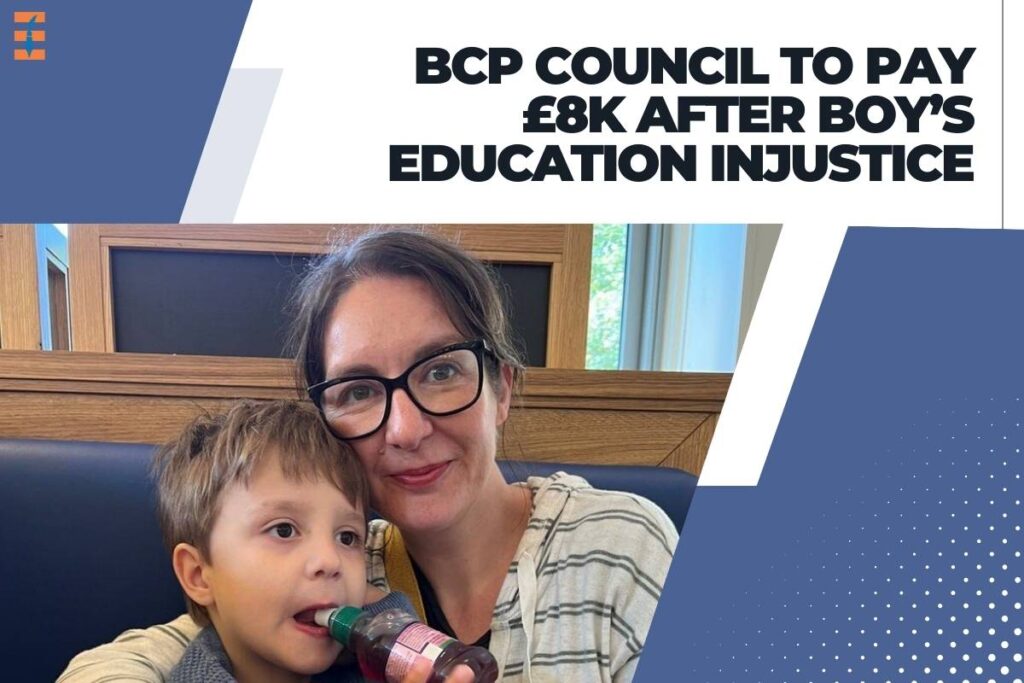A recent ruling has put Bournemouth, Christchurch, and Poole (BCP) Council under scrutiny as they are mandated to pay £8,000 in compensation to a family following a significant educational oversight. The case revolves around a boy with special needs who endured over a year’s worth of missed education due to the council’s failure to provide suitable provisions throughout 2022 and the initial months of 2023. The Local Government Ombudsman (LGO) investigated the matter, revealing the injustice suffered by the boy and his family due to the council’s negligence.
Impact on the Family
The repercussions of the council’s shortcomings were deeply felt by the boy and his family. His mother highlighted the detrimental effects of his absence from school, noting how it contributed to his isolation and academic setbacks. Furthermore, his mother’s increased caregiving responsibilities led to her isolation and distress. The emotional toll compounded as the boy fell behind academically, underscoring the critical role education plays in the lives of children with special needs and their families.
Calls for Improvement
The LGO’s compensation directive reflects financial accountability and a call for systemic improvements within the council’s special educational needs and disability (SEND) services. Alongside the £6,000 designated for missed education in 2022 and an additional £1,000 for the early months of 2023, the council is also mandated to pay £500 each for a delayed care plan amendment and the mother’s avoidable distress and frustration.
The Department for Education’s (DfE) review in February further highlighted the urgent need for enhancements in SEND services within the BCP area. While acknowledging the ongoing SEND improvement efforts by the council, including collaborative work with parents, carers, and young people, a council spokesperson reiterated their commitment to delivering top-notch services to all children and young individuals with SEND. The spokesperson emphasized ongoing efforts to revamp alternative provision processes to enhance the overall experiences of supported children and youth in the BCP region.
This case underscores the intricate challenges faced by families navigating the SEND landscape and the crucial role local authorities play in ensuring equitable access to education and support services. As the BCP Council continues on its improvement journey, the spotlight remains on the necessity of proactive measures, timely interventions, and robust support frameworks to safeguard the educational rights and well-being of children with special needs and their families.
Also Read: Equity or Injustice: Chicago’s Move Away from Selective Enrollment in High Schools










